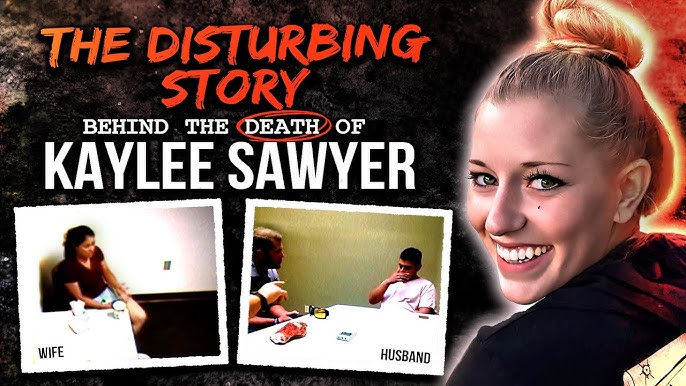Warning: Graphic content, readers’ discretion advised. This story contains a recollection of crime and can be triggering to some readers discretion advised.

Kaylee Sawyer was a 23-year-old woman from Bend, Oregon, who was murdered by a campus security guard, Edwin Lara, in July 2016.
The crime and its aftermath led to significant changes in campus security regulations in Oregon.
On July 24, 2016, Sawyer was walking alone near Central Oregon Community College (COCC) after an argument with her boyfriend.
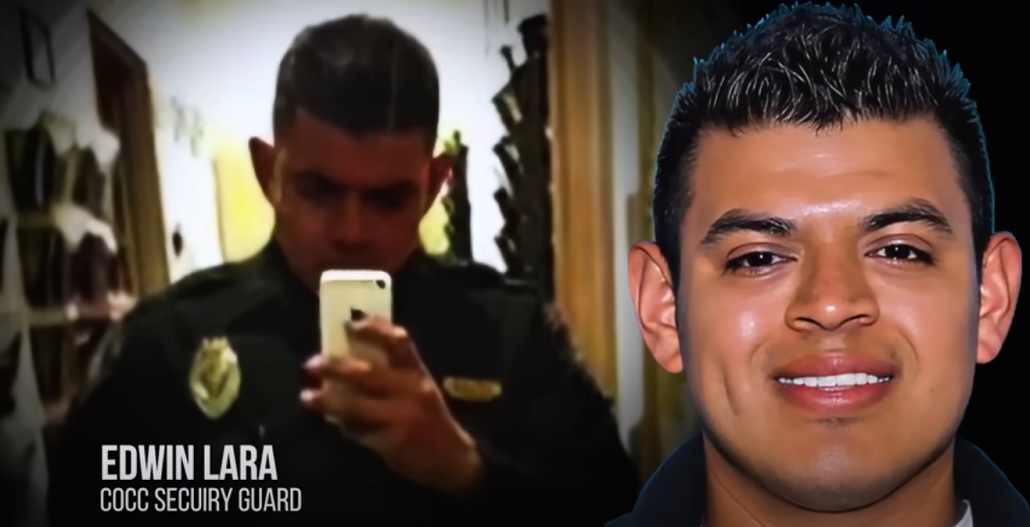
Edwin Lara, a campus safety officer at COCC, used his security vehicle—which resembled a police patrol car—to lure Sawyer into his vehicle.
He drove her to a remote part of campus, where he sexually assaulted and murdered her using blunt force trauma.
Lara went on a two-day, multi-state crime spree following Sawyer’s murder.
He kidnapped another woman in Salem, Oregon, and later drove to California, where he shot a man during a carjacking.
The crime spree ended on July 26, 2016, when Lara was arrested by California Highway Patrol.
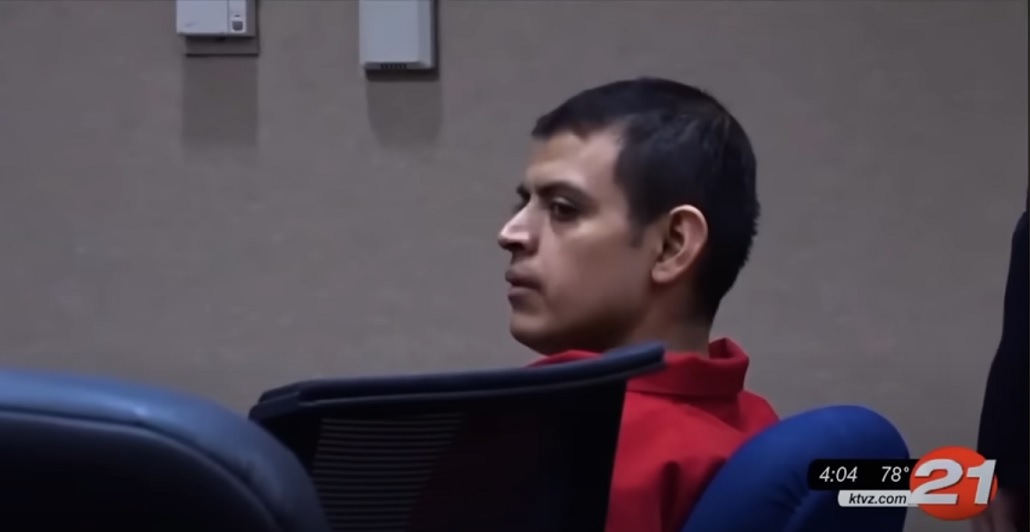
Lara was sentenced to life in prison without parole in 2018 after pleading guilty to aggravated murder to avoid the death penalty.
In July 2020, Sawyer’s family reached a $2 million settlement with COCC. They had sued the college for failing to perform an adequate background check on Lara and for using security vehicles that looked too similar to police cars.
The tragedy led to the passing of “Kaylee’s Law” in Oregon in 2019. The law mandates that campus security vehicles and uniforms must be clearly distinguishable from those used by law enforcement.
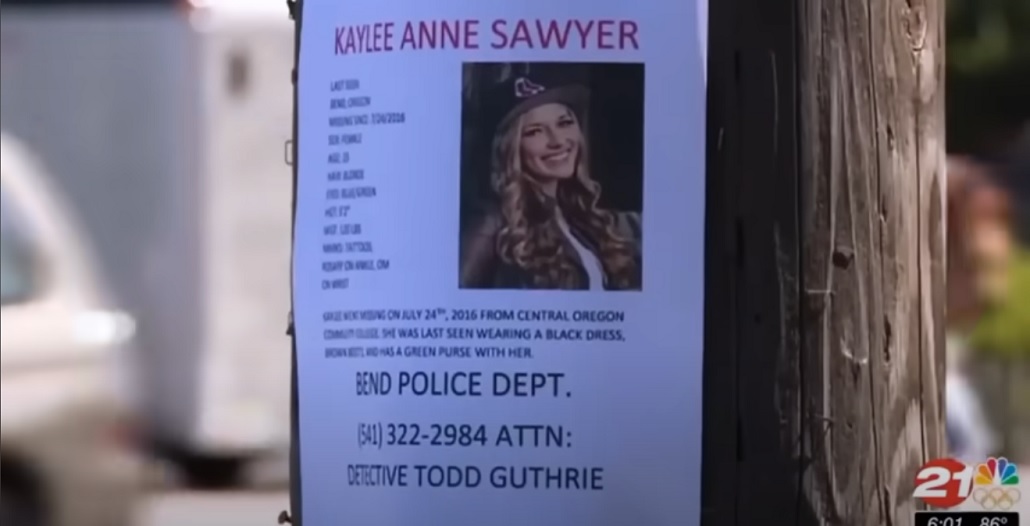
The case of Kaylee Sawyer refers to the tragic abduction, sexual assault, and murder of 23-year-old Kaylee Anne Sawyer, a student at Central Oregon Community College (COCC) in Bend, Oregon, on July 24, 2016. The perpetrator, Edwin Lara, a 26-year-old COCC campus safety officer, impersonated a police officer to lure her into his vehicle. This incident sparked a multi-state crime spree, significant legal reforms, and civil settlements.
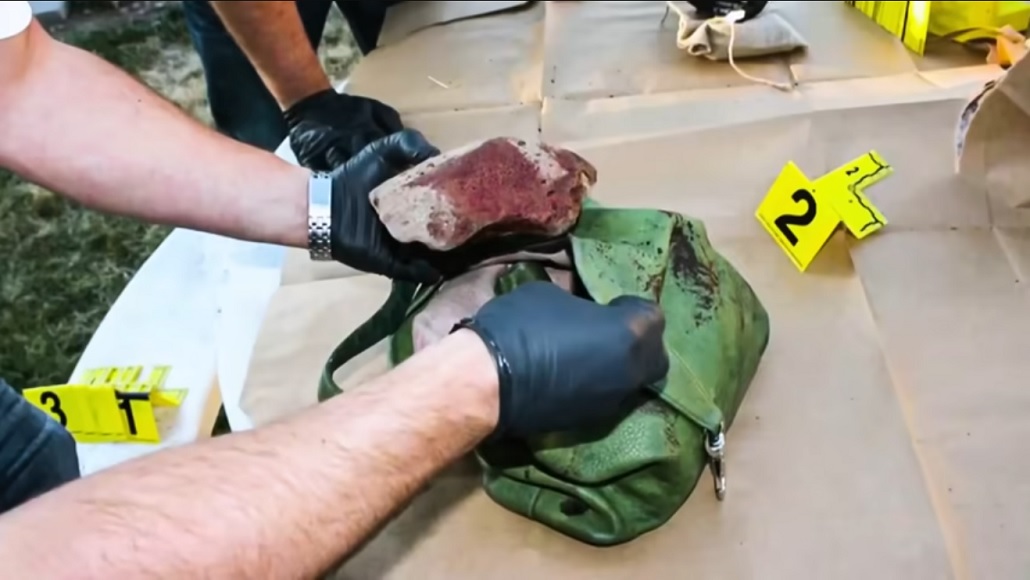
Kaylee Sawyer was born in Bend, Oregon, to parents Jamie and Juli Sawyer (now Juli VanCleave). She was a vibrant young woman studying at COCC and working part-time. On the night of July 23, 2016, Sawyer attended a bachelorette party for a friend in downtown Bend. After the event, she argued with her boyfriend, Camron, during their drive home to their apartment complex near the COCC campus. She exited the vehicle and began walking home around 2 a.m. on July 24.
While walking along a dimly lit road near the campus, Sawyer encountered Lara, who was on duty in a COCC patrol vehicle resembling a police car—complete with emergency lights, a uniform, and equipment that mimicked law enforcement gear. Believing him to be an officer offering a safe ride, she accepted. Instead, Lara abducted her, drove to a remote area along Highway 126, attempted to rob her (initially targeting her purse), and then sexually assaulted and murdered her.
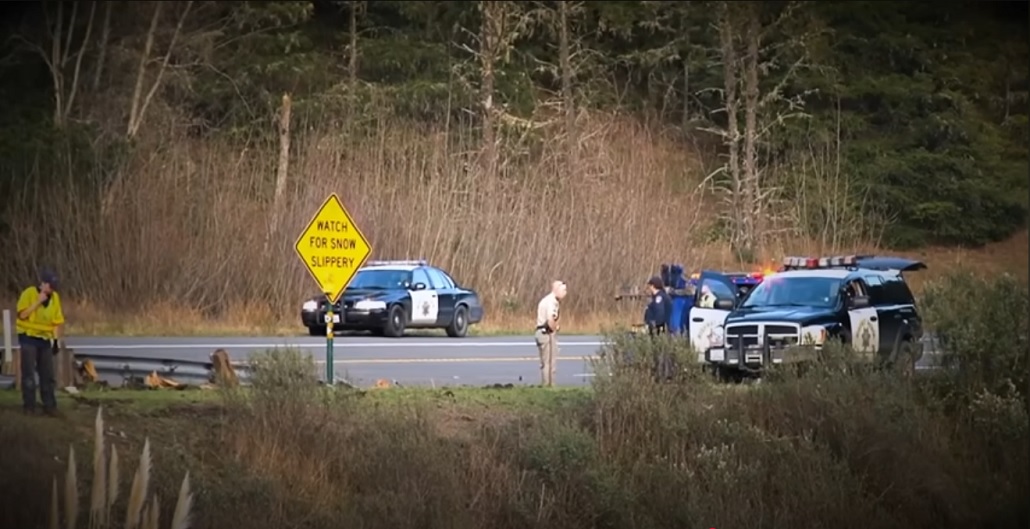
Cause of Death: Blunt force trauma to the head, with evidence she fought back fiercely (including defensive wounds and signs of strangulation attempts).
Sawyer’s body was found later that day off the side of the road in the 18700 block of West Highway 126, about 20 miles east of Bend.

Lara’s wife reported his confession to police shortly after, identifying Sawyer as the victim. By then, he had fled the scene.
Following the murder, Lara embarked on a violent two-day rampage across Oregon and California
July 26, 2016 (Near Yreka, California): Lara shot at a man on a motorcycle (wounding him non-fatally) and attempted another carjacking.
July 26, 2016 (Gas Station, California): He carjacked a family at gunpoint but was quickly apprehended by police after a short pursuit.
Lara confessed to all crimes upon arrest, including the murder, kidnappings, carjackings, and shooting
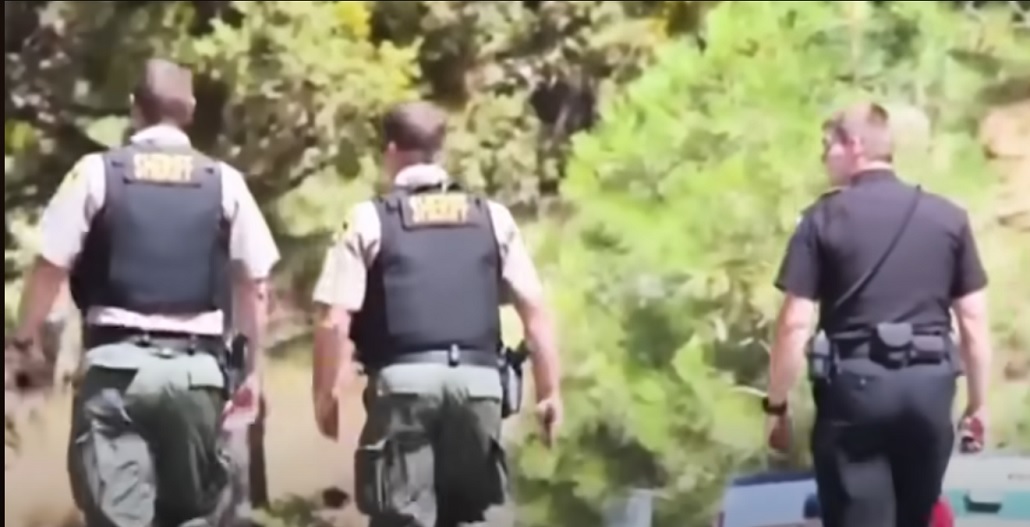
The case was investigated by a multi-agency task force, including the Bend Police Department, Deschutes County Sheriff’s Office, Oregon State Police, FBI, and California authorities. Lara’s wife provided the initial breakthrough by alerting police. Surveillance footage, witness statements, and physical evidence ( from the patrol vehicle) corroborated his confession. He was extradited to Oregon.

State Case (Oregon): In January 2018, Lara pleaded guilty to aggravated murder, robbery in the first degree, and other charges in Deschutes County Circuit Court. In exchange for avoiding the death penalty (which prosecutors had sought), he received a life sentence without parole.
Federal Case: In April 2019, he pleaded guilty to federal charges of kidnapping and carjacking (related to Diaz and the California incidents). He received a second life sentence in U.S. District Court in Portland.
Prosecutors noted challenges in proving sexual assault due to evidentiary issues, prioritizing the life sentence over additional charges.

In July 2020, Sawyer’s family reached a $2 million settlement with COCC, the maximum allowed under Oregon’s Tort Claims Act for wrongful death. The lawsuit argued the college failed to properly vet Lara or distinguish campus security from real police, enabling the impersonation.
Part of the funds supported “KK’s Readers,” a literacy program for young children in Sawyer’s honor.
In January 2022, some of Sawyer’s cremated remains—stored in a heart-shaped urn—were stolen from a Bend storage unit during a burglary. The thief, John Sue Vierra IV, discarded them in a dumpster. He pleaded guilty to multiple property crimes in July 2022 and was sentenced accordingly. The family recovered what remained and held a private memorial
